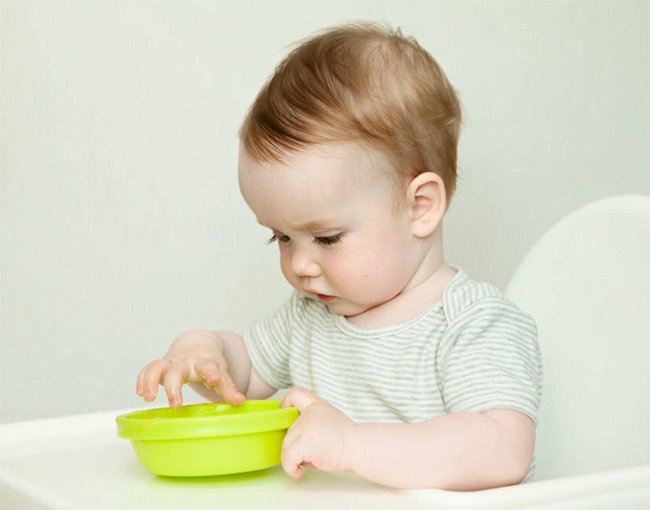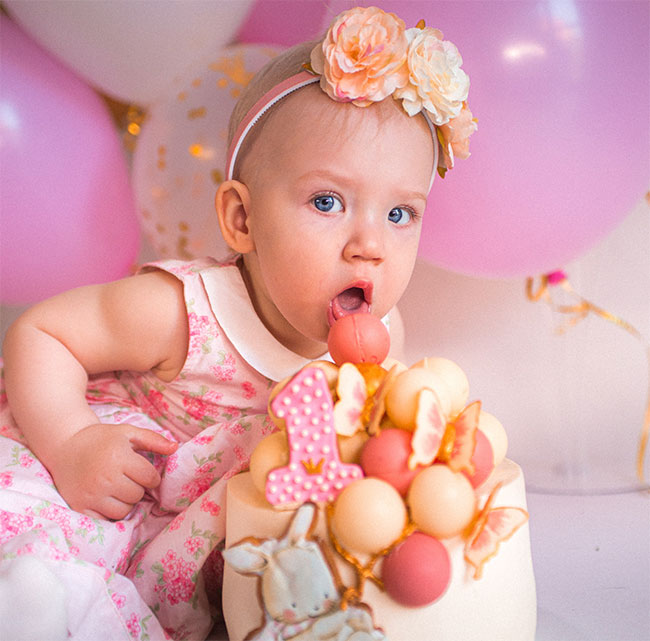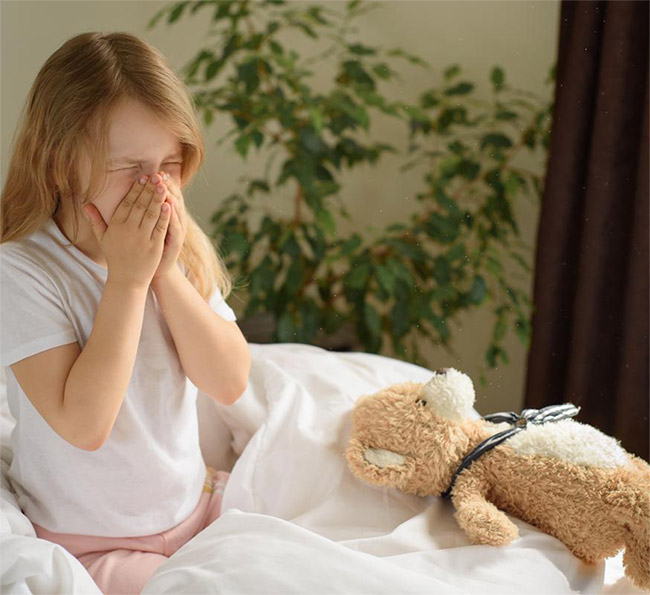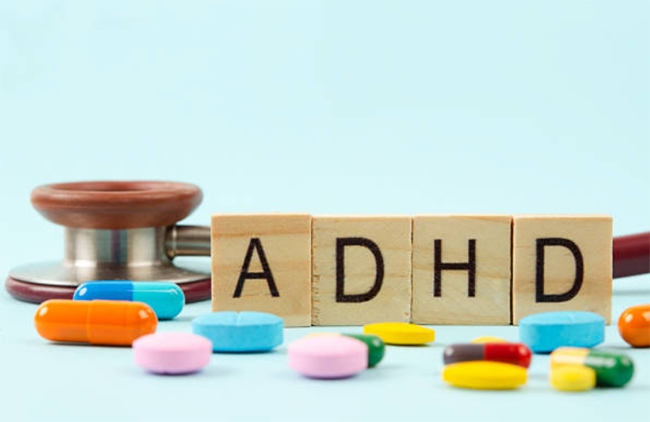What is Autism Spectrum Disorder?
Autism spectrum disorder is a neurodevelopmental disorder that affects communication, social interaction, and behavior. Symptoms of autism may range from mild to severe and can include:
- Delayed or absent language development
- Difficulty communicating needs and desires
- Lack of interest in social interaction or difficulty reading social cues
- Repetitive behaviors or routines
- Sensory processing issues, such as being sensitive to certain sounds or textures
- Fixation on specific objects or interests
- Unusual reactions to sensory input, such as being indifferent to pain or temperature changes
- Difficulty with transitions or changes in routine
- The symptoms of autism vary widely from person to person and may be more or less severe depending on the individual.
How to Identify Autism in Babies
While the signs of autism may not become apparent until a child is a few years old, there are some early signs that parents and caregivers can look out for in babies. It's important to keep in mind that some babies may show these signs without having autism, so it's important to talk to a healthcare professional if you have concerns about your baby's development.
Lack of Eye Contact
One of the earliest signs of autism in babies is a lack of eye contact. Babies typically make eye contact with caregivers and parents from a young age, but babies with autism may avoid eye contact altogether. They may not turn their head to follow an object or person, or they may seem disinterested in faces.
Delayed Social Interaction
Babies with autism may be slower to smile, laugh, or respond to caregivers than other babies. They may not initiate interaction or may seem indifferent to social cues. They may also not respond to their name being called, or they may not imitate facial expressions or movements.
Lack of Interest in Toys or Play
Babies with autism may not be interested in toys or may play with them in an unusual way. For example, they may line up toys or focus on one specific part of a toy, rather than playing with it as a whole. They may also seem uninterested in playing with other children or may prefer to play alone.
Delayed Language Development
Delayed language development is a hallmark sign of autism. Babies with autism may not babble, make sounds, or use gestures like pointing or waving as early as other babies. They may also not respond to verbal cues or may seem uninterested in communication.
Repetitive Behaviors
Babies with autism may engage in repetitive behaviors, such as rocking back and forth or flapping their arms. They may also have a strong attachment to routines and may become upset if their routine is disrupted.
What to Do If You Suspect Your Baby Has Autism
If you suspect your baby may have autism, it's important to talk to a healthcare professional as soon as possible. Your child's pediatrician can help assess your baby's development and may refer you to a specialist for further evaluation. Early intervention is key to improving outcomes for children with autism, so it's important to seek help as soon as possible.
In conclusion, while the signs of autism may not become apparent until a child is a few years old, there are some early signs that parents and caregivers can look out















